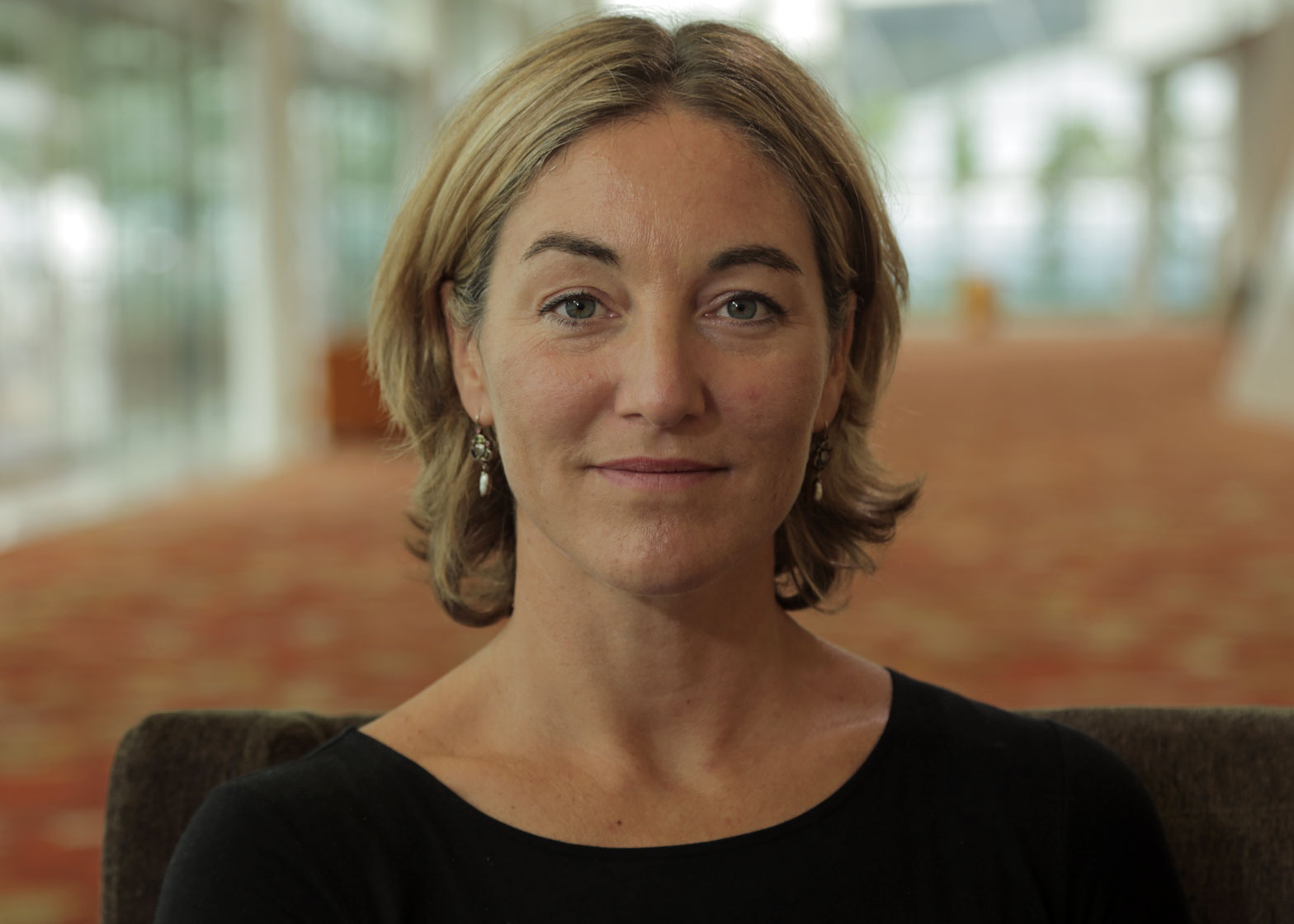Brexit crisis: architect and government adviser Sadie Morgan has called on the UK government to stick to its infrastructure investment plans as it prepares to leave the European Union.
Her call comes amid fears that costly spending on railways, roads and airports could be axed as a result of the EU referendum vote.
"We need to be making long-term commitments to give certainty for the construction industry and lower risk for investors," she told Dezeen.
Morgan, who sits on the government's National Infrastructure Commission and chairs the design panel overseeing the proposed HS2 high-speed rail link, said it was vital the UK pushed ahead with spending plans to "create the world class infrastructure this country needs to succeed".
"We all know that quality infrastructure is fundamental to our quality of life," Morgan said. "Better decision making, clearer planning, and more efficient and timely delivery can help create the world class infrastructure this country needs to succeed."
Since the shock vote to leave the European Union last month the government has deferred a decision on whether to built a third runway at Heathrow airport, while there have been calls to scrap the controversial £42 billion HS2 link between London and the north of England.
Morgan said that while additional spending on infrastructure now looked unlikely, she urged the government to honour previous commitments.
"It is essential that government sticks to current infrastructure investment plans," she said. "Increased investment would be welcome but I would say unlikely in a post-Brexit Britain, where there will be huge pressures on the UK finances."
She added: "As we move into a period where the uncertainty is palpable, and short-term, rushed, uninformed decisions are occurring at a frightening rate, then long-term projects that offer certainty of investment, growth and job are just what this country needs."
Morgan's role on the National Infrastructure Commission makes her the most senior designer advising on over £100 billion of planned spending on new projects including transport links and flood defences.
"The fundamental reasons for investment in infrastructure – to boost productivity and improve quality of life – haven't changed as a result of the referendum," Morgan said.
"Infrastructure projects deliver widespread benefits by not only helping to increase growth and productivity to individual cities, towns and rural communities but to the country as a whole."
Morgan, 47, is one of the UK's most politically connected architects. Besides her government advisory roles, she is co-founder of London architecture studio de Rijke Marsh Morgan, also known as dRMM, and president of the Architectural Association School.
"Infrastructure is, in my view, the big security blanket we can all take refuge under," she said.
"For my part I will fight tooth and nail to make sure that great design is embedded from the get-go. There is a huge willingness and ability within the design industry to help make this happen.
"But it will only do so with a collective vision and belief that design makes the difference. Our international competitors have long understood this and are busy hoovering up the talent to outclass us."

